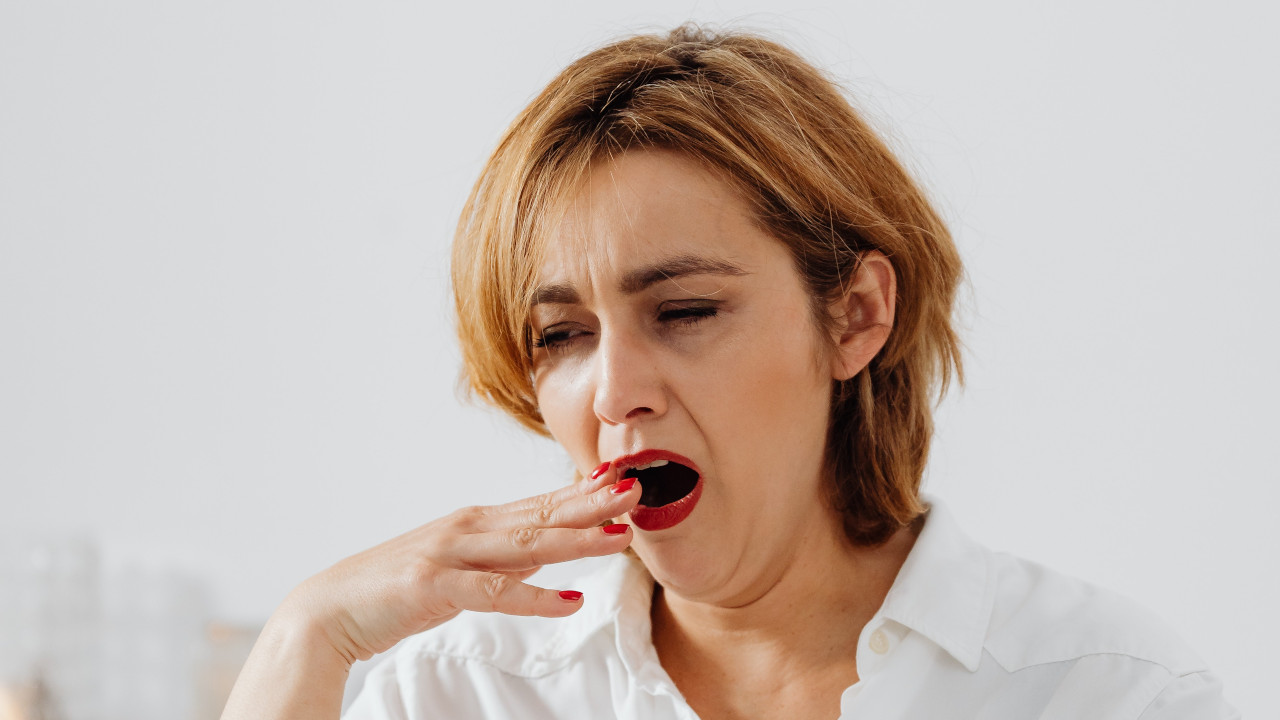Chest Published online September 17, 2021 | https://journal.chestnet.org/article/S0012-3692(21)03861-7/fulltext
Digest author(s): Dries Testelmans | 20 June, 2022
Obstructive sleep apnea (OSA) has major negative consequences on cardiovascular diseases, increases traffic and work accidents due to daytime sleepiness and fatigue, and reduces quality of life. Positive airway pressure therapy, the leading treatment, is poorly tolerated in a significant proportion of patients. Efforts to develop pharmacological therapies for the treatment of OSA have accelerated over the last two decades, but currently no pharmacological intervention has been approved for clinical use. In presence of a narrow upper airway, key contributors to OSA include low arousal threshold, a high ventilatory control instability (loop gain) and a reduced pharyngeal dilator muscle tone and responsiveness during sleep, possibly due to the loss of noradrenergic drive and enhanced muscarinic influences to upper airway muscles during sleep compared to wakefulness.
This study is a 1-week randomized, placebo-controlled, double-blind, crossover trial to evaluate the efficacy of the noradrenergic reboxetine in combination with an antimuscarinic oxybutynin. The primary outcome was the change in apnoea-hypopnoea index (AHI) from baseline. Secondary outcomes were oxygen desaturation indices including hypoxic burden, response rate and vigilance tests.
Sixteen patients were enrolled in the trial and were administered for one week reboxetine 4mg plus oxybutynin 5mg. On average, OSA severity was reduced by 60%. Response rate based on the percentage of subjects with a ≥50% reduction of AHI from baseline was 81% for drug combination versus 13% for placebo (p<0.001). Reboxetine plus oxybutynin also increased oxygen saturation during the night and improved daytime vigilance, evaluated with a 3-minutes psychomotor vigilance test. Compared to placebo, reboxetine plus oxybutynin increased muscle compensation by 30% from baseline, supporting the effect of this combination on upper airway dilator muscle activation.
This manuscript published in Chest showed for the first time that repeated doses of the combination of noradrenergic and anti-muscarinic drugs are efficacious for the alleviation of OSA. Acute effects exhibited on the first night were sustained at the end of the week. While subjective sleepiness was not reduced in this population, objective psychomotor vigilance test showed promising signs of improvement without major safety issues. These results provide strong pilot data to increase research efforts to design larger and longer studies testing these drugs as a pharmacological therapy for OSA patients and increase treatment options especially for those who experience difficulties with CPAP.





